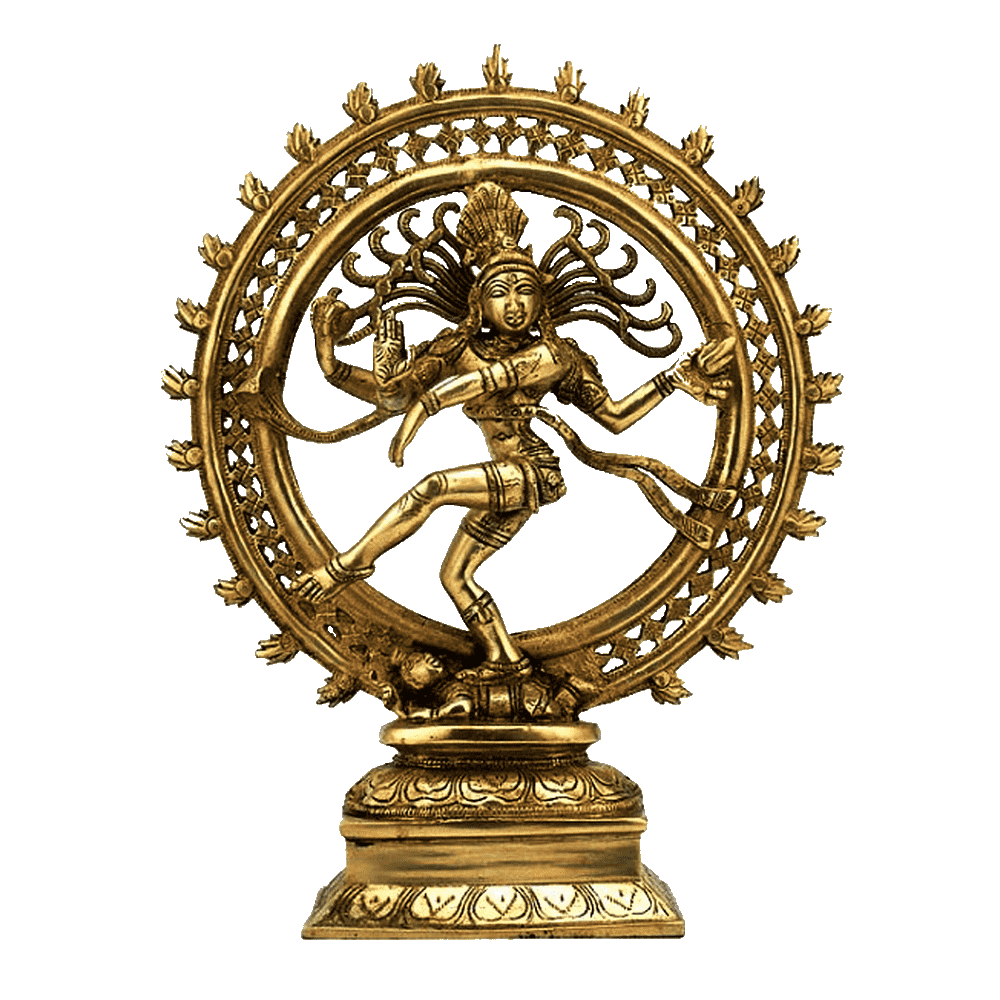
Srītattvacintāmaṇi
of Pūrṇānanda
Unveiling the Essence of Tantra’s Fundamental Principles
Introduction:
The śrītattvacintāmaṇi, authored by the revered sage Pūrṇānanda, is a remarkable text that holds a pivotal place within the realm of Tantra. This profound Nibandha delves into the fundamental principles that underpin the spiritual science of Tantra, providing seekers with insights into the intricate workings of the universe and the profound wisdom inherent in Tantric practices. In the śrītattvacintāmaṇi, Pūrṇānanda unveils the essence of Tattvas (principles of reality) and illuminates their significance in guiding spiritual practices.
Exploring the Essence of Tantra’s Fundamental Principles:
At the heart of the śrītattvacintāmaṇi lies the exploration of the Tattvas, which form the core foundation of Tantric philosophy. These Tattvas represent the fundamental principles that govern the cosmos and human existence. Pūrṇānanda’s work meticulously expounds on each Tattva, revealing its role in the grand cosmic scheme and its relevance to the spiritual evolution of practitioners.
The Tattvas represent different levels of reality, ranging from the most subtle and abstract to the most manifest and material. By understanding these Tattvas, seekers gain profound insights into the interconnectedness of all existence and the pathways to transcendence.
Unraveling the Spiritual Significance:
The śrītattvacintāmaṇi serves as a spiritual guide, leading aspirants on a transformative journey of self-discovery and realization. Pūrṇānanda’s exploration of the Tattvas offers seekers a holistic understanding of the universe and their place within it. By recognizing the unity and interconnectedness of all things, practitioners are encouraged to transcend the illusions of separateness and embrace a sense of oneness with the cosmos.
The text emphasizes the practical application of Tattvas in spiritual practices. By aligning with the underlying principles of reality, seekers can elevate their consciousness and awaken dormant spiritual energies within themselves. Through meditation, mantra recitation, and visualization, practitioners aim to harmonize with the Tattvas and access higher states of awareness.
Importance of Tantric Practices:
In the śrītattvacintāmaṇi, Pūrṇānanda highlights the importance of Tantric practices in utilizing the knowledge of Tattvas. Tantric rituals, meditations, and symbolic representations serve as potent tools for aligning with the cosmic energies represented by the Tattvas. By harnessing the transformative power of these practices, seekers can progress on their spiritual path and experience a deeper connection with the divine.
Esoteric Knowledge and Wisdom:
The śrītattvacintāmaṇi delves into the esoteric aspects of Tantra, unveiling the hidden meanings behind the Tattvas and their interplay in the cosmic dance. The text reveals that the external rituals and practices are symbolic representations of the inner transformative journey. By understanding the esoteric significance of these practices, practitioners can transcend the limitations of the material world and access higher realms of consciousness.
Conclusion:
The śrītattvacintāmaṇi of Pūrṇānanda stands as a profound testament to the wisdom of Tantra’s fundamental principles. By exploring the essence of Tattvas and their importance in spiritual practices, this text provides seekers with a roadmap to spiritual realization and enlightenment. Pūrṇānanda’s work continues to inspire and guide spiritual aspirants, inviting them to unlock the mysteries of the cosmos, harmonize with the fundamental principles of reality, and embark on a transformative journey toward self-discovery and divine communion. The śrītattvacintāmaṇi remains a timeless treasure, preserving the profound knowledge of Tantra’s fundamental truths for generations to come.
Editor – Kaalchakra Team
[ Note – Before Concluding anything as a Finale, Please Go through Original Scriptures of Vaidik Literature Written in Sanskrit and Also with Meaning of That time of Language. Because English is a Limited language to Explaining the Deeper Knowledge of Vaidik Kaal. ]
